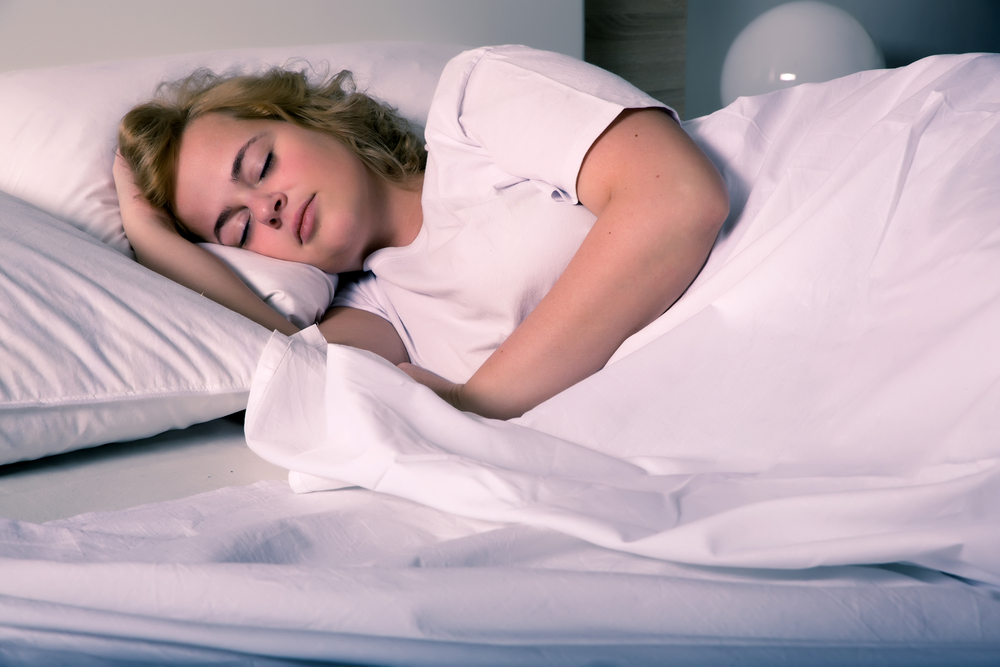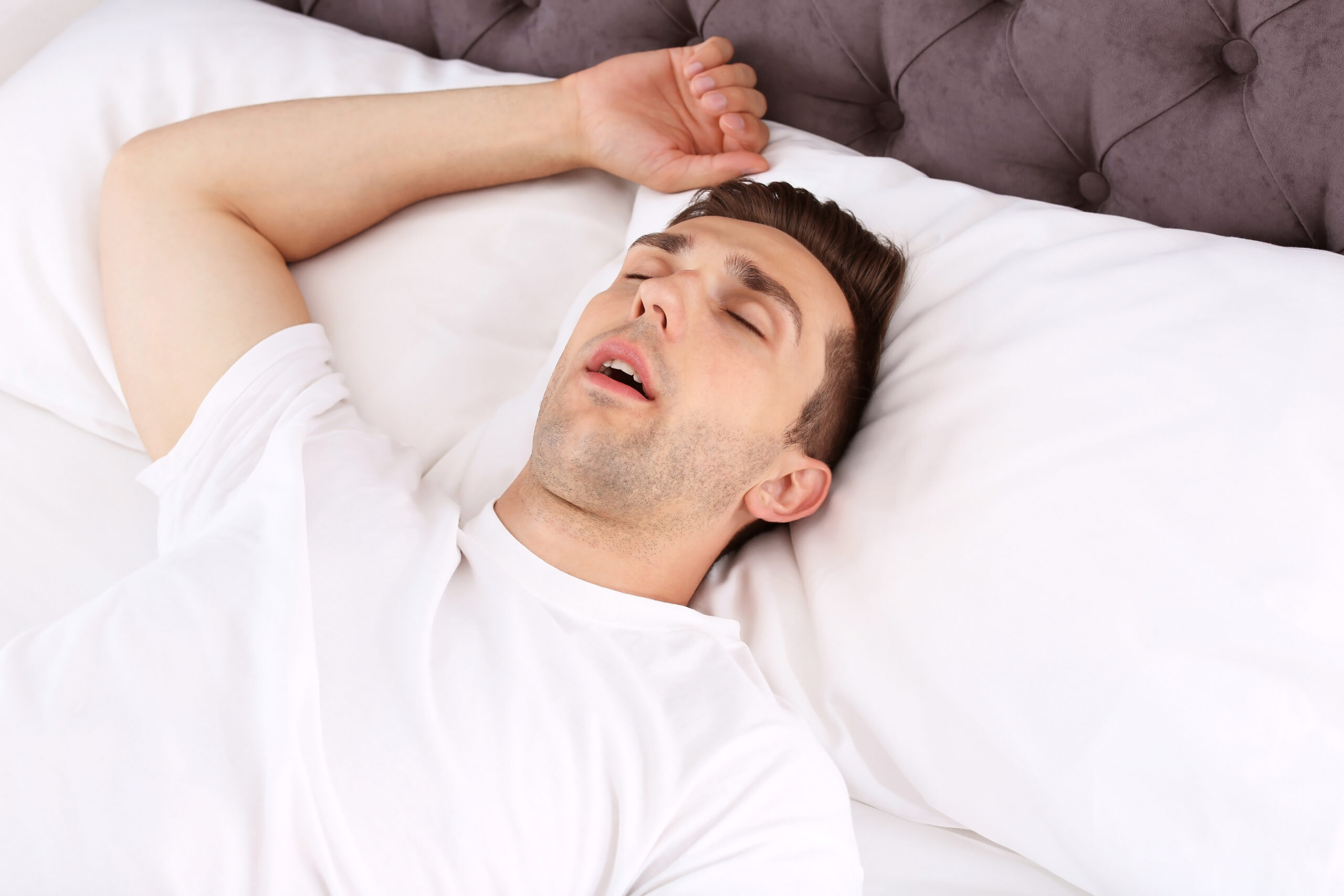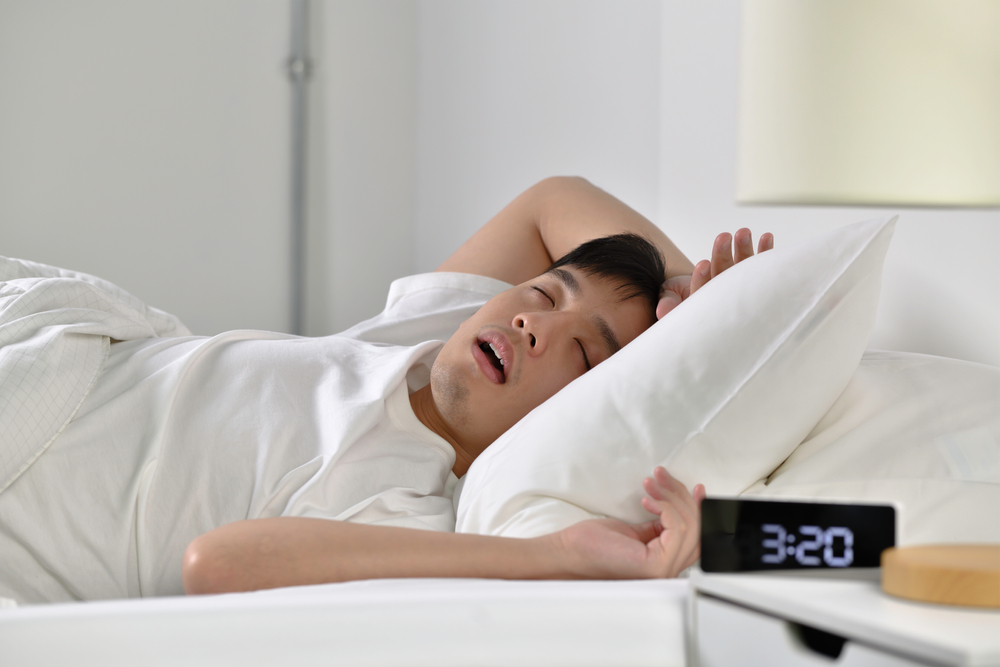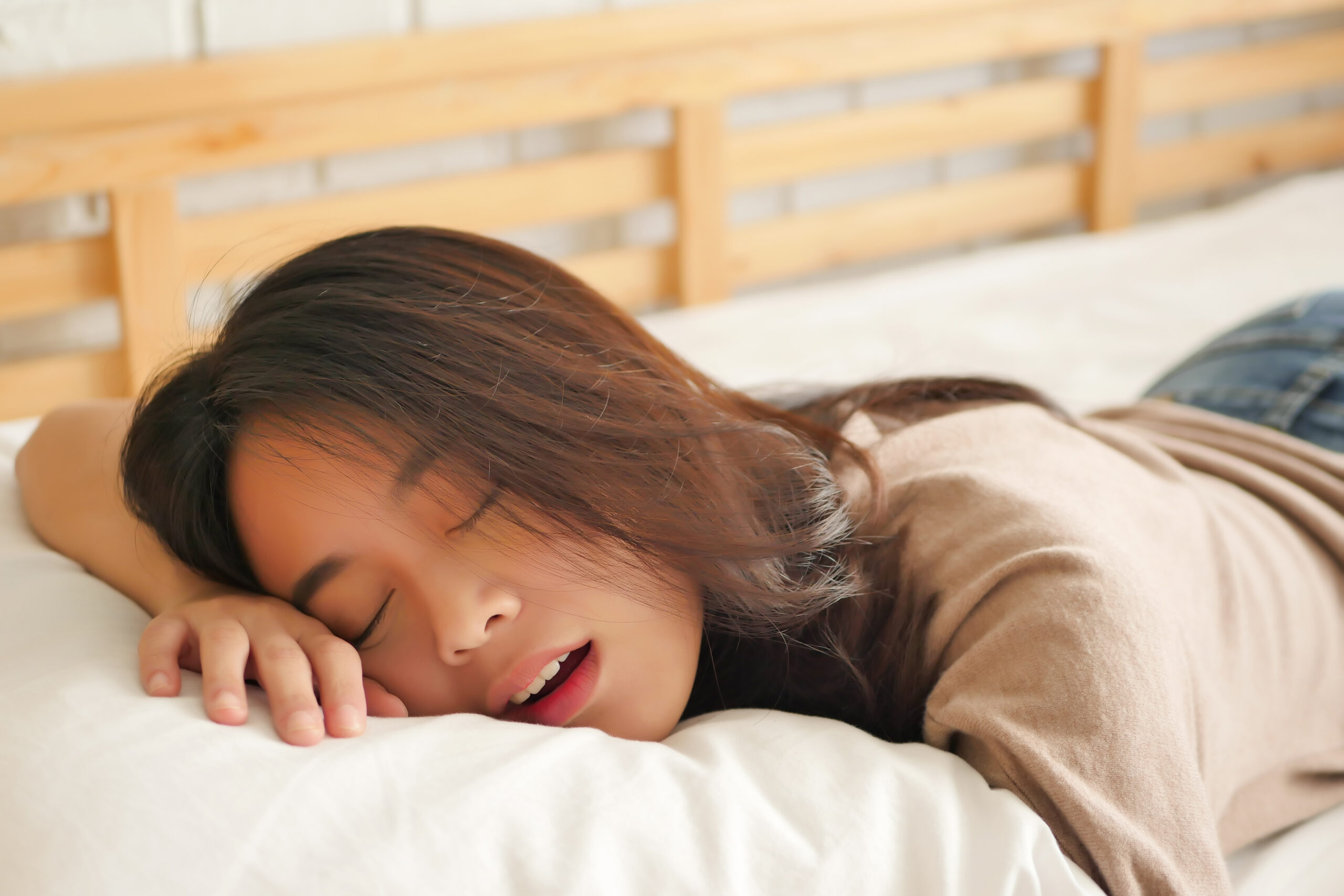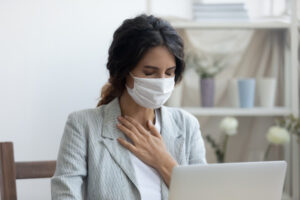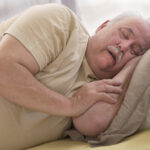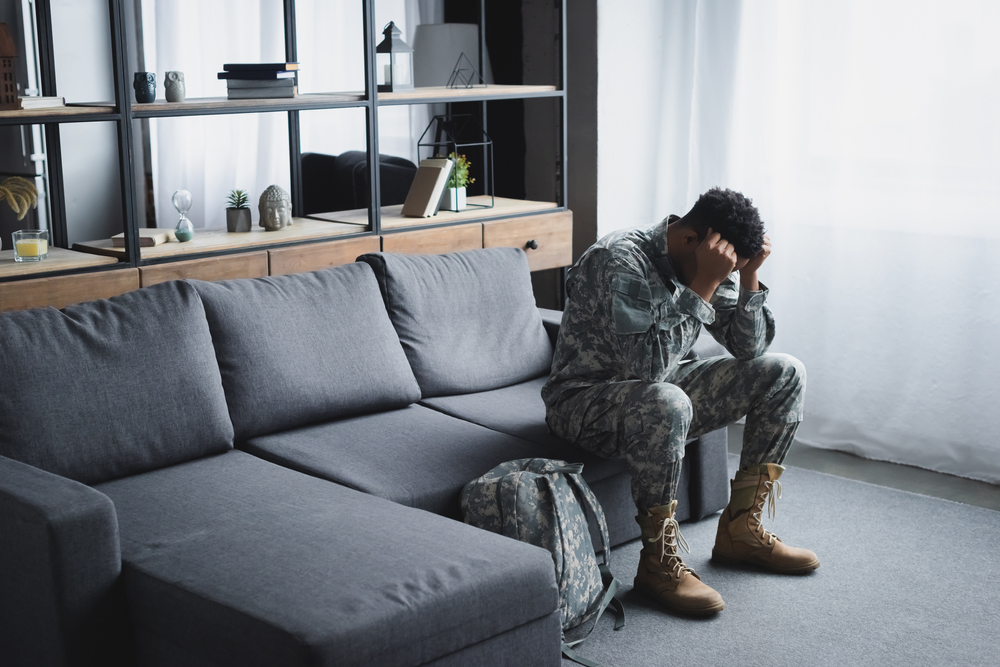At a Glance
- 76% of people with sleep apnea use their CPAP machine at least some of the time while traveling. Another 10% don't use it on trips and 10% don't travel.
- 75% spend one week to one month traveling for leisure each year, and 76% say they never travel for business.
- 42% think it is a hassle to pack and carry their CPAP machine and 10% say they'd rather stay home than bother, but 29% say it's no trouble to travel with it.
- 57% say that having a CPAP machine doesn’t affect their travel decisions, while 28% say they only travel to places where they can easily use their CPAP machine.
- Some respondents say having a CPAP machine influences their decisions on where to stay (17%), who to travel with (11%), the length of their trip (7%), whether to travel internationally (7%), and what mode of transportation to use (5%).
- 75% say they stay in a hotel or motel room when traveling with their CPAP machine, while 50% stay with friends and family, 30% in a vacation/rental home, 15% in a camper/RV, and 15% on a cruise ship.
After Ivonne Richardson, 75, was diagnosed with obstructive sleep apnea (OSA) 30 years ago, she worried how it might impact her ability to travel. An avid camper from Reedsport, Oregon, Richardson was unsure how challenging it might be to pack her standard CPAP machine when she and her husband vacation off the grid.
“I have a severe case of sleep apnea, so not taking my CPAP machine on vacation wasn’t an option,” Richardson says.
Eventually, Richardson was able to find a solution that worked well. Two years ago, her husband ordered a solar-powered travel CPAP machine that can easily be taken on camping trips. “We can charge the machine during the day by placing the solar panels in direct sunlight,” she says.
Traveling with a CPAP machine is a common concern for people with sleep apnea. A July 2023 survey by SleepApnea.org asked CPAP users how the machine factors into their travel decisions. While more than half of respondents say it doesn't affect their choices, over a quarter say they only travel to places where they can easily use their CPAP. Yet, more than three-quarters of CPAP users say they use their CPAP machine at least some of the time while traveling.
According to Dr. Joseph Krainin, M.D. FAASM, SleepApnea.org’s medical advisor, using a CPAP machine consistently is vital to maintaining good health.
“It’s important to pack your CPAP machine whenever you travel since OSA must be treated continuously1, just like any other medical condition,” he says.
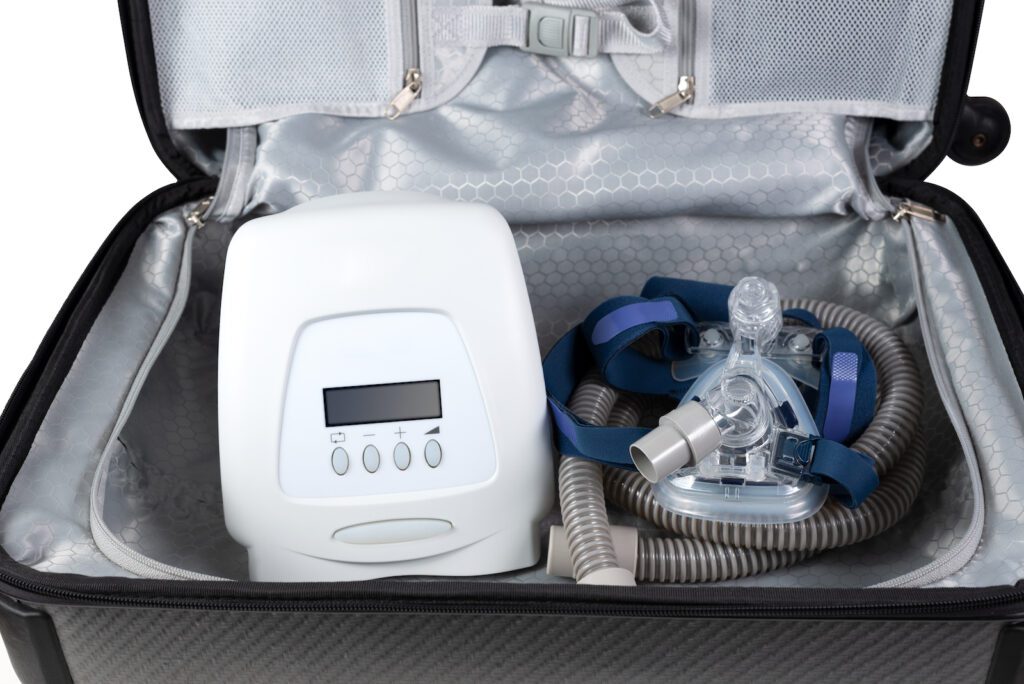
So what are some of the challenges of traveling with a CPAP machine, and how do these travelers manage? Here's what we found.
Traveling with a CPAP Machine
The thought of traveling with a CPAP machine may seem daunting to some. In the survey, 4 out of 10 respondents say it is a hassle to pack and carry, and some say they'd rather stay home than go through the trouble. But more than one quarter say it's no trouble at all, and some don't mind the extra effort so they can travel.
While most surveyed CPAP users say it doesn't affect their travel decisions, others report that it influences their decisions on who to travel with, the length of their trip, whether to travel internationally, and what mode of transportation to use. But the biggest factor is deciding where to stay, with almost 1 in 5 saying so.
The most popular places to stay, according to the survey, are hotel or motel rooms, followed by family or friends' homes, vacation rental homes, campers or RVs, and on cruise ships.
Some of the inconveniences of traveling with a CPAP machine may be due to its size and weight. The survey found that 85% of respondents travel with their standard CPAP machine, while only 6% use a travel CPAP machine.
Dr. Krainin says it’s common for travelers to first take a standard CPAP machine on vacation with them before investing in a travel CPAP machine. While some patients prefer the portability of a travel CPAP machine, he says the smaller travel machines can be pricey, and insurance may not cover the cost.
“The travel CPAP machines also tend to be louder than the standard CPAP machines, and many don’t come with the heated humidifier option that keeps airways from drying out,” he says.
Lance Trebilcock, 55, a teacher from Olympia, Washington, has sleep apnea and knows the benefits of CPAP for a good night’s sleep so he always packs his CPAP machine for traveling across the country. Most survey respondents (85%) say using their CPAP on trips allows them to get the same amount of sleep or more than at home, and 79% report their sleep quality is the same or better compared to home.
How to Travel with a CPAP Machine
Richardson says a travel CPAP machine has proven to be a lifesaver on many trips since it’s small and lightweight. Since CPAP users must also bring along a mask, she opts for a nasal pillow mask because it's smaller and easier to pack than other types.
While most surveyed CPAP users travel by car (85%), more than half (51%) fly commercially, and some worry about getting their machine through airport security2, but Dr. Krainin says the process is simple.
“Since CPAP machines are clearly labeled by manufacturers as medical devices, airlines allow passengers to take their CPAP unit on board as a personal item, in addition to their one piece of carry-on luggage,” he says.
Trebilcock carries his CPAP machine in a backpack and places it on top of his luggage so it’s easier to display if the TSA asks to see his machine. “I’ve had a few times where the TSA agent told me I didn't need to take my CPAP machine out of the carrying case,” he says
Although Trebilcock says he’s never used his CPAP on an airplane, he admits it would have made cross-country journeys easier.
“In retrospect, it would have been nice to use on longer flights, but I think I’d be too self-conscious to use it,” he says.
Dr. Krainin says patients often worry about how their CPAP machine will be perceived, and he recommends they weigh any external sentiments against how well-rested they’ll feel when arriving at their destination.
Considerations for Your CPAP Machine
Remembering to pack CPAP supplies is a special consideration for those with sleep apnea. Finding the proper power and water to use while they’re away are sometimes cited as concerns. Trebilcock says that while he’s always been able to use electrical outlets near his bed while staying in hotels, he has run out of distilled water, opting instead for bottled water.
Dr. Krainin acknowledges finding distilled water can be challenging when traveling.
“Distilled water is best to use with CPAP machines since it’s been purified and filtered to remove all impurities and minerals,” he says. “But bottled water is a better option than tap water since it’s typically filtered or purified. It's still important to ensure the bottled water doesn’t contain minerals.”
For travelers staying in a hotel or vacation rental, it's a good idea to pack an extension cord in case an outlet isn’t close to the bed. For those who won’t have access to electricity, Dr. Krainin says a battery-powered or solar-powered CPAP machine will provide the best option.
“A fully charged portable battery can power a CPAP machine for 1-3 nights before needing to be recharged,” he says.
Sometimes travelers forget to bring a CPAP mask or power supply on vacation, so Dr. Krainin always recommends keeping a photo of your prescription on your phone.
To help make sure you're well-rested while traveling, Dr. Krainin also recommends packing an eye mask, ear plugs, and a noise-masking device (or you can download an app that plays white noise on your smartphone).
“It’s important to get a good night’s sleep,” he says. “Some people rationalize they don’t need their CPAP machine since they’ll only be gone for the weekend, but they realize that they not only get poor sleep, they can also keep others awake with their snoring.”
Methodology
The survey by SleepApnea.org was conducted July 17-21, 2023 to understand how CPAP users view traveling with their CPAP machines. Results are from 129 participants in the United States who were recruited for the survey and responded that they use a CPAP machine for sleep apnea.
Still have questions?
Sleep apnea products can be confusing. If you need individualized assistance, send us an email at [email protected] with your questions and we'll help find the best fit for you.

